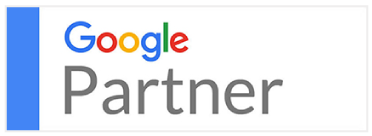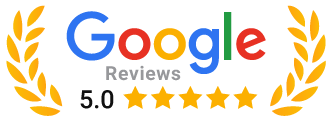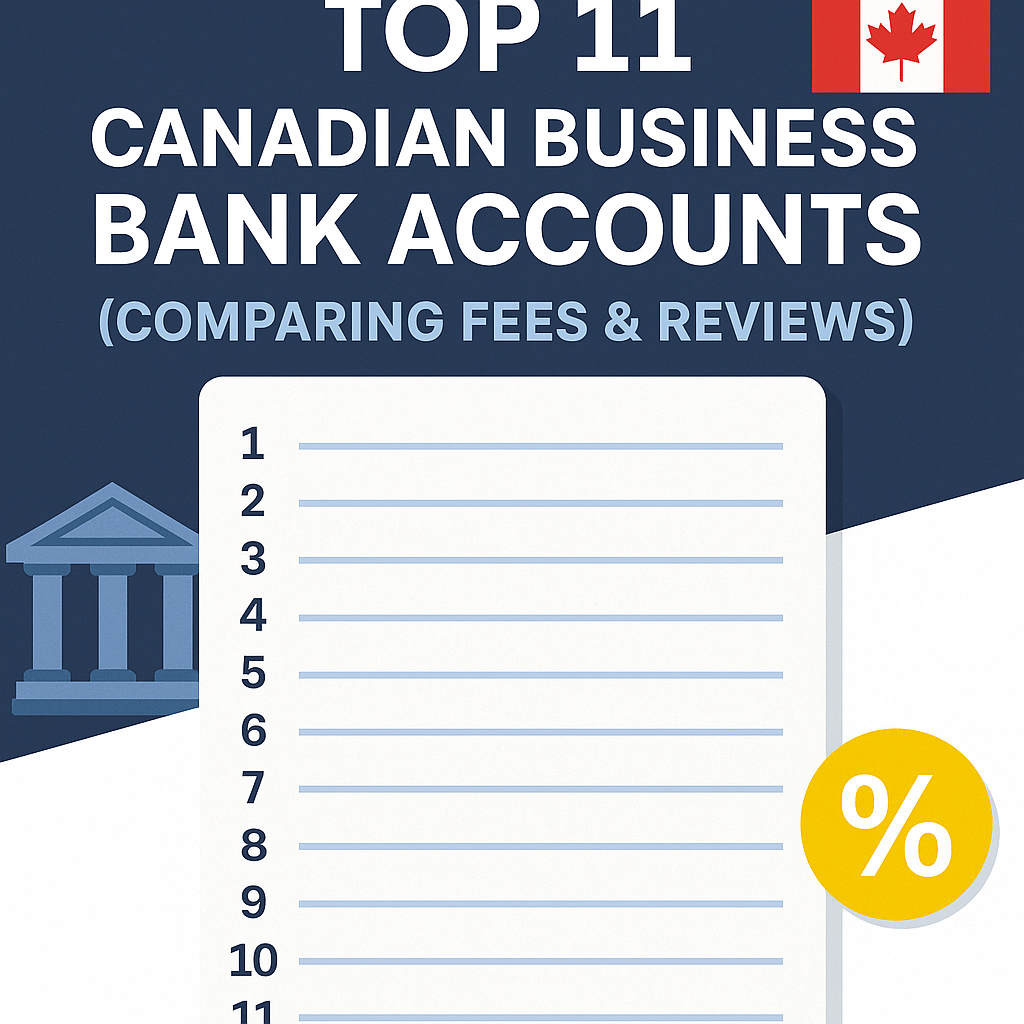GOOGLE ADS MANAGEMENT
ALL SERVICES- GRAPHIC DESIGN & BRANDING
➥ WEBSITE DESIGN TORONTO
➥ TORONTO LOGO DESIGN
➥ BROCHURE GRAPHIC DESIGN
➥ INFOGRAPHIC DESIGN
➥ BUSINESS CARD DESIGN
➥ PACKAGE DESIGN TORONTO
➥ ILLUSTRATION DESIGN
➥ ADVERTISING POSTER DESIGN
➥ BRANDING STRATEGY & SERVICES- ➤ VIEW ALL SERVICES
WEB DEVELOPMENT & SUPPORT
➥ CUSTOM WEB DESIGN TORONTO
➥ ECOMMERCE WEBSITE DESIGN TORONTO
➥ WEBSITE MAINTENANCE SERVICES
➥ SHOPIFY WEBSITE DESIGN
➥ SHOPIFY EXPERTS TORONTO
➥ WORDPRESS DEVELOPMENT
➥ WORDPRESS MAINTENANCE- ➤ VIEW ALL SERVICES
WEBSITE MARKETING & CONTENT
➥ SEO PACKAGES TORONTO
➥ TORONTO SOCIAL MEDIA AGENCY
➥ CONTENT MARKETING TORONTO
➥ PPC MANAGEMENT TORONTO
➥ AFFILIATE MARKETING CANADA
➥ STRATEGIC CONSULTATION- ➤ VIEW ALL SERVICES
ABOUT
RESOURCES- LET’S CHAT
Questions? Call us at
647-348-4995

GOOGLE ADS MANAGEMENT
ALL SERVICES- GRAPHIC DESIGN & BRANDING
➥ WEBSITE DESIGN TORONTO
➥ TORONTO LOGO DESIGN
➥ BROCHURE GRAPHIC DESIGN
➥ INFOGRAPHIC DESIGN
➥ BUSINESS CARD DESIGN
➥ PACKAGE DESIGN TORONTO
➥ ILLUSTRATION DESIGN
➥ ADVERTISING POSTER DESIGN
➥ BRANDING STRATEGY & SERVICES- ➤ VIEW ALL SERVICES
WEB DEVELOPMENT & SUPPORT
➥ CUSTOM WEB DESIGN TORONTO
➥ ECOMMERCE WEBSITE DESIGN TORONTO
➥ WEBSITE MAINTENANCE SERVICES
➥ SHOPIFY WEBSITE DESIGN
➥ SHOPIFY EXPERTS TORONTO
➥ WORDPRESS DEVELOPMENT
➥ WORDPRESS MAINTENANCE- ➤ VIEW ALL SERVICES
WEBSITE MARKETING & CONTENT
➥ SEO PACKAGES TORONTO
➥ TORONTO SOCIAL MEDIA AGENCY
➥ CONTENT MARKETING TORONTO
➥ PPC MANAGEMENT TORONTO
➥ AFFILIATE MARKETING CANADA
➥ STRATEGIC CONSULTATION- ➤ VIEW ALL SERVICES
ABOUT
RESOURCES- LET’S CHAT
Questions? Call us at
647-348-4995

GOOGLE ADS MANAGEMENT
ALL SERVICES- GRAPHIC DESIGN & BRANDING
➥ WEBSITE DESIGN TORONTO
➥ TORONTO LOGO DESIGN
➥ BROCHURE GRAPHIC DESIGN
➥ INFOGRAPHIC DESIGN
➥ BUSINESS CARD DESIGN
➥ PACKAGE DESIGN TORONTO
➥ ILLUSTRATION DESIGN
➥ ADVERTISING POSTER DESIGN
➥ BRANDING STRATEGY & SERVICES- ➤ VIEW ALL SERVICES
WEB DEVELOPMENT & SUPPORT
➥ CUSTOM WEB DESIGN TORONTO
➥ ECOMMERCE WEBSITE DESIGN TORONTO
➥ WEBSITE MAINTENANCE SERVICES
➥ SHOPIFY WEBSITE DESIGN
➥ SHOPIFY EXPERTS TORONTO
➥ WORDPRESS DEVELOPMENT
➥ WORDPRESS MAINTENANCE- ➤ VIEW ALL SERVICES
WEBSITE MARKETING & CONTENT
➥ SEO PACKAGES TORONTO
➥ TORONTO SOCIAL MEDIA AGENCY
➥ CONTENT MARKETING TORONTO
➥ PPC MANAGEMENT TORONTO
➥ AFFILIATE MARKETING CANADA
➥ STRATEGIC CONSULTATION- ➤ VIEW ALL SERVICES
ABOUT
RESOURCES- LET’S CHAT
Questions? Call us at
647-348-4995

GOOGLE ADS MANAGEMENT
ALL SERVICES- GRAPHIC DESIGN & BRANDING
➥ WEBSITE DESIGN TORONTO
➥ TORONTO LOGO DESIGN
➥ BROCHURE GRAPHIC DESIGN
➥ INFOGRAPHIC DESIGN
➥ BUSINESS CARD DESIGN
➥ PACKAGE DESIGN TORONTO
➥ ILLUSTRATION DESIGN
➥ ADVERTISING POSTER DESIGN
➥ BRANDING STRATEGY & SERVICES- ➤ VIEW ALL SERVICES
WEB DEVELOPMENT & SUPPORT
➥ CUSTOM WEB DESIGN TORONTO
➥ ECOMMERCE WEBSITE DESIGN TORONTO
➥ WEBSITE MAINTENANCE SERVICES
➥ SHOPIFY WEBSITE DESIGN
➥ SHOPIFY EXPERTS TORONTO
➥ WORDPRESS DEVELOPMENT
➥ WORDPRESS MAINTENANCE- ➤ VIEW ALL SERVICES
WEBSITE MARKETING & CONTENT
➥ SEO PACKAGES TORONTO
➥ TORONTO SOCIAL MEDIA AGENCY
➥ CONTENT MARKETING TORONTO
➥ PPC MANAGEMENT TORONTO
➥ AFFILIATE MARKETING CANADA
➥ STRATEGIC CONSULTATION- ➤ VIEW ALL SERVICES
ABOUT
RESOURCES- LET’S CHAT
Questions? Call us at
647-348-4995
![]()
![]()
![]()

- September 24, 2024
-
 Amine Rahal
Amine Rahal
When a pay-per-click (PPC) campaign is running smoothly, delivering great results, and hitting its targets, it’s best to avoid messing with it. That’s what I’ve learned from doing this for over two decades, and that’s what most other PPC experts will tell you.
Here at Little Dragon, we’ve had quite a few clients in the past that wanted to pause their campaigns while they went on vacation or were unavailable to take on new clients, and while it’s perfectly understandable that they would want to do that, I generally recommend that they DON’T, even if it means not being able to service clients during that period of time. In this post, I’ll explain why…
Pausing Easy, Resuming isn’t…
You might assume you can always resume the campaign and pick it back up later without missing a beat. However, pausing a well-performing Google Ads campaign—especially those that leverage automated bidding strategies—can cause more harm than good. Many clients find their campaigns don’t return to their previous success right away, if at all, after being paused. From our experience, it can take anywhere from a few days to several weeks before the campaign starts getting back to its pre-pause performance… sometimes, although rarely, it can take a few months!
In this post, we’ll explore the risks associated with pausing a high-performing PPC campaign and why it’s often a bad idea to hit that pause button when things are going well.
1. Automated Bidding Strategies NEED Consistent Data
One of the primary reasons to avoid pausing a well-optimized campaign is that automated bidding strategies, such as Maximize Conversions, Target CPA (Cost Per Acquisition) or Target ROAS (Return on Ad Spend), thrive on a continuous stream of data. When you stop it, you “cut the oxygen” so to speak.
These machine learning algorithms rely on historical data, real-time performance trends, and constant feedback loops to make optimized bidding decisions. Your competitors, who haven’t paused their campaigns, may jump ahead of you in the algo because they haven’t cut off their stream of data…
When you pause a campaign, you effectively cut off this flow of data. The algorithm no longer receives the necessary feedback from user behavior and engagement, making it harder for it to make informed decisions when you resume. When the campaign restarts, it will likely take time for the system to “relearn” and recalibrate, resulting in poor performance in the initial stages.
2. Re-entry into the Auction Is Not Seamless
Pausing a campaign can also affect your auction performance. Ad auctions on platforms like Google Ads and Bing Ads are highly competitive and dynamic. Even if your campaign had strong Quality Scores and great positioning before, pausing it removes you from the auction. When you come back, there is no guarantee that your previous standing will be restored immediately.
Your competitors will not have paused their campaigns, which means they may have moved ahead in terms of Quality Score, click-through rates, or other metrics that the platform values. Rebuilding that momentum can take time, which means lost opportunities and revenue in the meantime.
3. Learning Periods Can Be Re-triggered
When you resume a paused campaign, it might be treated as a “new” campaign by the platform’s machine learning systems, especially if the pause was for an extended period. As a result, your campaign could re-enter the “learning phase” where the system tries to gather enough data to optimize performance again. This learning phase can take anywhere from a few days to a few weeks, during which time your campaign’s performance may fluctuate and deliver suboptimal results.
The learning phase is often the most volatile period for a campaign, and you want to minimize the number of times your campaign has to go through it.
4. Lost Momentum Equals Lost Conversions
Google Ads and PPC campaigns, particularly those using automated bidding, build momentum over time. The longer a campaign runs, the more data the algorithm collects, and the more efficiently it can bid for conversions at the right price. This momentum is crucial for maintaining optimal performance.
Pausing a campaign disrupts this momentum. While paused, you’re missing out on valuable opportunities to keep fine-tuning and optimizing performance. Once you restart, you may see lower conversion rates, higher costs per click (CPC), and poorer overall return on ad spend (ROAS). Worse, it could take weeks to regain the performance levels you had before the pause.
5. Customer Behavior and Market Dynamics Shift
Customer behavior, seasonality, and market trends are always changing. Pausing a campaign means you’re potentially missing out on capturing new trends or shifts in user intent. By the time you restart your campaign, your ads may no longer align with user search patterns, competitor activity, or even platform changes.
For example, if your competitors continued running campaigns during your pause, they may have optimized their strategies to match the evolving behavior of your target audience. This puts you in a position where you’re playing catch-up rather than capitalizing on these changes in real-time.
6. Budget and Bid Adjustments Could Be Affected
Another common issue is that pausing campaigns with automated budgets or bid strategies can lead to misalignment when you restart. Google Ads and Bing Ads optimize budgets and bids based on performance and expected outcomes over a period of time. Pausing disrupts this continuity, leading to sudden spikes or dips in costs when the campaign resumes.
This can result in overspending in the early stages of resuming or underdelivering on key metrics like impressions and clicks. Inconsistent budget pacing can have long-term consequences on your overall marketing strategy.
Conclusion: Keep the Momentum Going
To sum things up, pausing a well-performing PPC campaign is rarely a good idea. The automated systems behind modern bidding strategies need consistent data and a stable environment to deliver the best results. Interrupting a campaign risks not only performance drops but also missed opportunities, increased costs, and long recovery times.
If budget constraints or seasonality are a concern, consider reducing your budget or adjusting bids instead of pausing or canceling the campaign altogether. Alternatively, you can shift focus to lower-cost but still active strategies like remarketing, or you can test new ad formats or creative strategies to keep engagement high without starting from scratch later.
Remember, momentum is everything in Google Ads and PPC in general, and once it’s lost, it takes considerable time and effort to regain.

Tech Entrepreneur, Author, and CEO of Little Dragon Media. Passionate about entrepreneurship, philanthropy, digital marketing, blockchain, finance, investing, health fitness & nonprofits.
RECENT POSTS
- Top 11 Canadian Business Bank Accounts (Comparing Fees & Reviews)
- PolicyMe – Legit Canadian Insurance Policy? Let’s Review…
- 10 Small Business Loans & Financing Options in Ontario
- Top 8 Small Business Insurance Providers in Canada (2025)
- SCAM ALERT: How a Fake Google Ads Inquiry Nearly Got Us (And How to Protect Yourself)

Ready to chat about how Little Dragon Media can enhance your business?
Call us now at 647-348-4995 or

OUR AWARDS & CERTIFICATIONS






WHAT OUR CLIENTS ARE SAYING



Little Dragon Media's professionalism and commitment to delivering excellence are truly commendable. I highly recommend their services... Thank you for your stellar work!
- Delna Bharucha

Little Dragon Media worked on developing our logo and website. They did an absolutely AMAZING job on both projects. These guys ROCK and you won't be disappointed.
- Sonia Nutt

My team had a great experience working with Little Dragon Media. We will certainly engage with Little Dragon Media for any additional projects in the future. Highly recommend!
- Carly Rooney



- 682A St-Clair West Toronto, ON M6C 1B1
- (647)-348-4995
- info@littledragon.ca
MOST POPULAR SERVICES
RECENT POSTS
GET MORE CLIENTS
Don't let your competitors take over. We'll help you climb to the top and get more clients.



- 682A St-Clair West Toronto, ON M6C1B1
- (647)-348-4995
- info@littledragon.ca
MOST POPULAR SERVICES
RECENT POSTS
GET MORE CLIENTS
Don't let your competitors take over. We'll help you climb to the top and get more clients.

Contact | Press Mentions | Privacy Policy | Terms of Service
© 2024 Little Dragon Media. All Rights Reserved.







Pingback: Transforme Google Ads em sua máquina de faturamento - mentoriapratica.com.br
Pingback: Transforme Google Ads em sua máquina de faturamento – Mentoria Google Ads